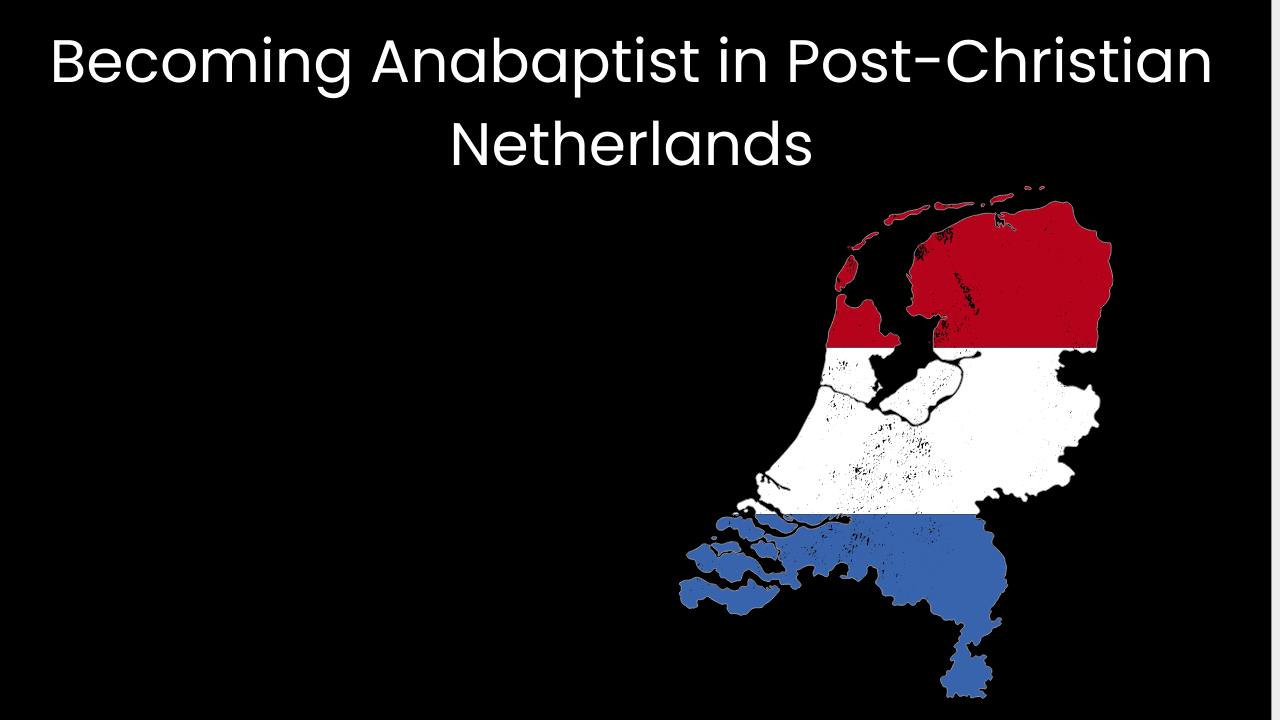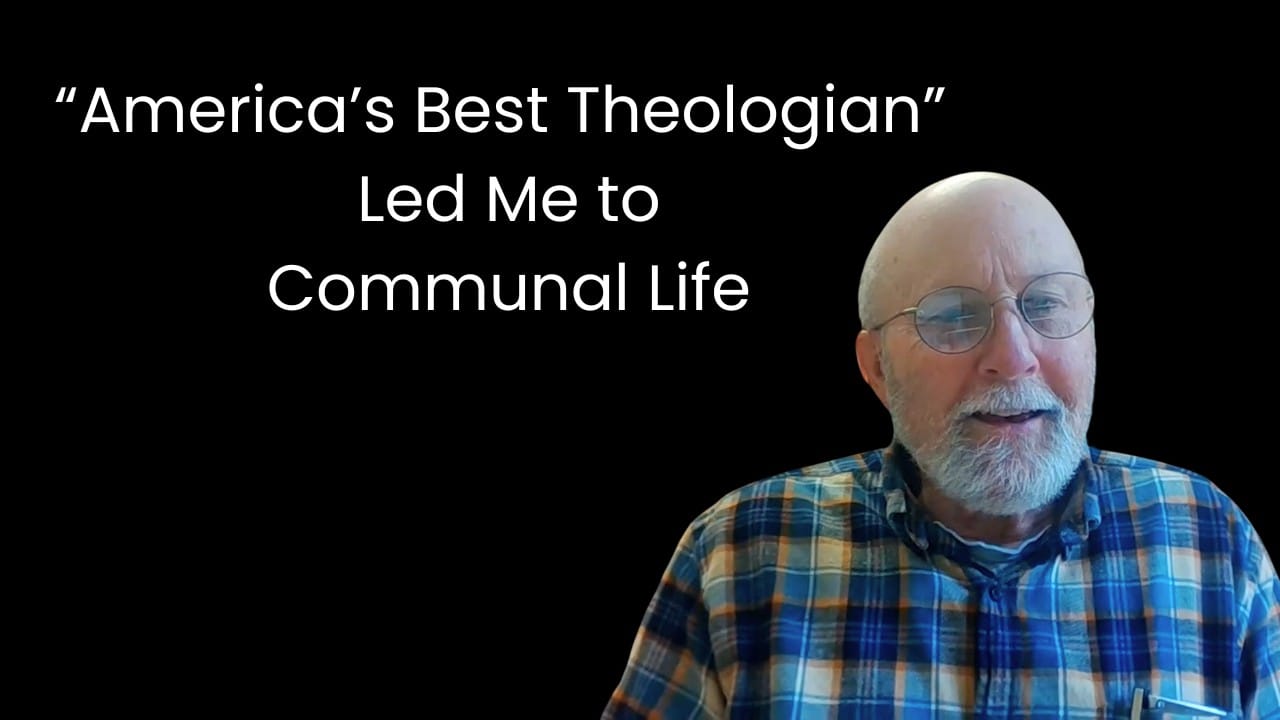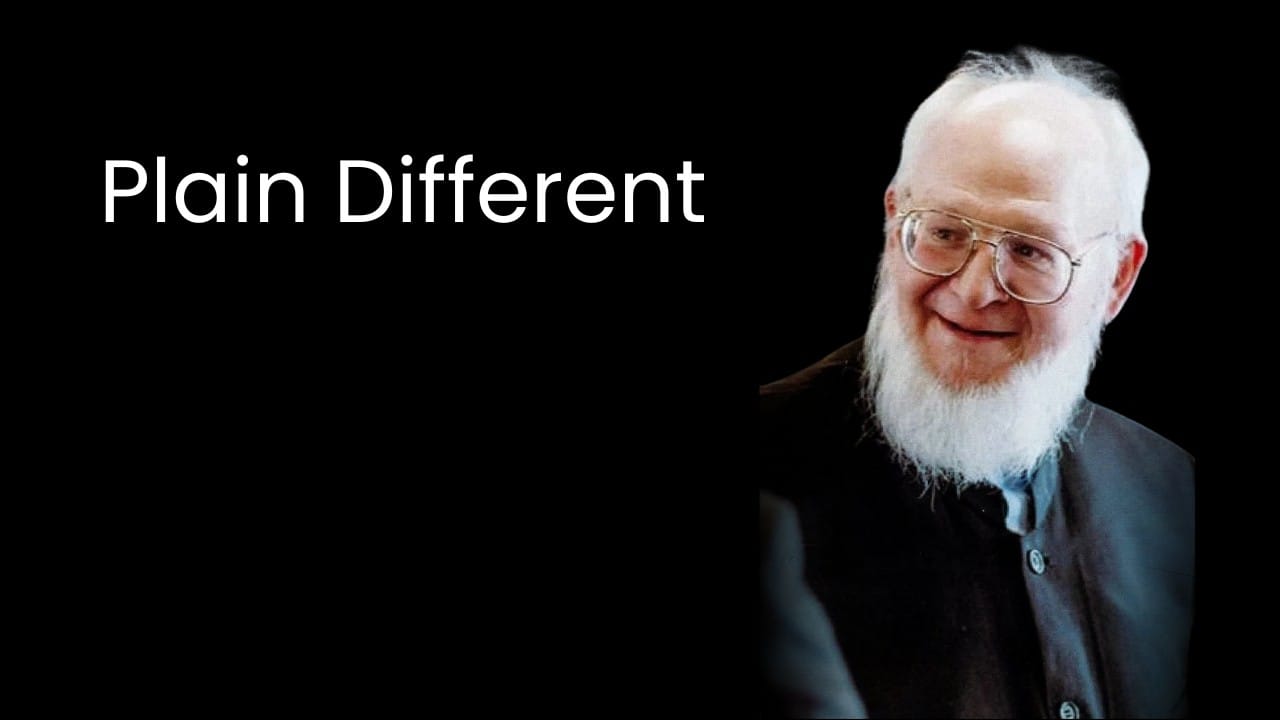Crafting Christlike Friendships With Internationals
I was a slightly nerdy, freshman chemistry major begrudgingly taking the required basic communications course. Dutifully, I decided to make the most of the class and write my term paper on what is fundamental to friendship initiation. Deep in the musty, psychology journal section of the library, I found I was not the first to want more “scientific” answers in addressing this question. Some waxing psychologist had written an article on 30 things that lead to friendship. Now, many years later, one quality stands out the strongest in my memory. Nothing grandiose or complicated; simply, the other person must perceive that you like them. The Christian believes that the core human longings of humanity are universal in nature but differing in expression. International friendships are no different. To craft a friendship, one must communicate to someone with a different set of cultural norms, a sense of affinity for their personal humanity and express Christlike, sacrificial love.
Some Northern European cultures are notoriously viewed by most of the world as unaffectionate in demeanor. Many of the plain Anabaptist lineage are cultural descendants from this “unaffectionate” lineage. Getting someone to know you like them when they come from a culture where three kisses is the common greeting may be challenging. Learn how to express a warm greeting in a diversity of cultures. Thankfully, internationals visiting the USA are often acquainted with US cultural norms, but receiving a greeting harkening back to home and family might be a salve to their soul.
One of my partners in international outreach has a bumper sticker, “Love people, cook them good food.” A string of internationals adore her friendship. Any home cooked meal can express care and affection. Cooking the food of your own culture is a way of inviting them into your life. Bravely attempting to cook their home cuisine for them as good as their mother (which I have rarely attained to) expresses an acceptance of their unique identity. Both are valuable.
The biggest pitfall I have observed in international outreach, including in myself, is that of selfish ambition. Doing evangelism to get spiritual stars in one’s crown is fundamentally selfish and carnal. It objectifies the international friend instead of viewing them as a valuable being for whom Christ died. I have had friends who I saw that were making progress towards Christ, but were turned off by a Christian who deemed them “spiritually uninterested” after one encounter in which they didn’t say the “right things.” We should be strategic; but we should also realize that, as servants who surrender our time and resources to the infinite Lord, we need to follow the leading of the Holy Spirit in our efforts. Our theology teaches that no one is outside the reach of Christ’s love. Let us live out that love without reservation. Our answer to Christ is whether we were obedient, not how prolific are our trophies.
Selfish ambition can also express itself in our desire to appear cosmopolitan, of course in totally “Christian” ways. Befriending an international so you can have a photo with an hijabi, who you are righteously reaching and brag about in socially acceptable ways, is not the love of Christ. Those of us who have grown up culturally Anabaptist and groan when someone treats us as a tourist attraction should empathize with internationals and lovingly engage with them as individuals. Engagement with their culture, such as tasting and maybe thoroughly enjoying their cuisine, and taking a genuine interest in their life experiences is great. In graduate school I had a Jewish friend who adored Mennonite culture; however, she loved me individually as well and our friendship has lasted over a decade. It would behoove us to emulate this friend and love people beyond cultural coolness.
Most of my most successful international friendships have been in the context of peer-to-peer relationships. As peers we share life together whether in school, at work, or parenting at the same time. Accept their offers of hospitality and advice. You do not need to do everything they say, but listen. As you minister to them, allow them to minister to you. You are not always right, and people will find it easier to like you if you live and talk accordingly. When I had a house fire, it was a Persian friend that hosted me while the damage was repaired. Peer-to-peer relationships are often more stable than some of the other common forms. In this stability, a life of Christlike sacrificial love can be lived out and illustrated with greater effectiveness than if the international friend is our cultural curiosity fix, evangelistic status symbol, or proof of our status as an enlightened minister. The peer-to-peer paradigm also has advantages in comparison to traditional “ministerial” approaches where both are using sound doctrine. Many internationals, especially those of Western backgrounds are defensive when they feel themselves targeted by “propaganda” or apparently professional marketers. The peer-to-peer paradigm avoids this obstruction and provides a forum of more open communication.
Finally, to be an effective friend, it is imperative to be grounded in your own spiritual community. You cannot offer the world the stability of a Christlike friendship if you haven’t been taught friendship by your own Body of Christ. Not everyone at your congregation may understand all the nuances of cross-cultural outreach, but they just might well-illustrate a Christlike spirit when your international friend needs a pickup to haul her belongings to a new apartment. Your friend will recognize a genuine kind heart and adore the man who hauls her mattress up to the second floor or the one who can whisk you to her house when she’s contemplating suicide. Your friends will understand that the sweet mama sends them home with leftovers after the church picnic because she cares about them as individuals.
Being a friend to unbelievers is inherently draining. Those who do not have Christ’s love flowing out of them will always take from you. To be an effective long-term friend to unbelieving internationals, you will need your congregation to replenish you for your service. Your church can support and love you when you are in tears because your not-yet-believing friend tells you that you are stuck-up for claiming to know the Truth and refuses to talk to you anymore.
Many epistles could be written about the nuances of many of the cultures we have the opportunity to interact with in America. Many Asians follow the proverb, “The nail that sticks out gets hammered down,” and as a result deal with more suppressed anger. Middle Eastern etiquette requires the first invite to be turned down to not appear too “desperate.” If you make an international friend, do your homework on the culture early on and let it be a boon to your relationship. Discern how much they follow American social norms or how knowledgeable they are on the local practices. Love covers a multitude of sins, but as those who are in direct line with the infinite love, let us go the second mile to make sure others are able to see and experience that we love them as the individual person God created. An African proverb says it well, “If you want to go fast, go alone. If you want to go far, go together.” Let us go forward loving those God brings to us with His life flowing through us and together with our fellow believers.
Tags:








Leave a Reply